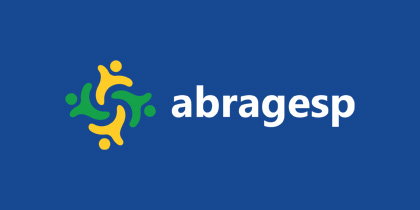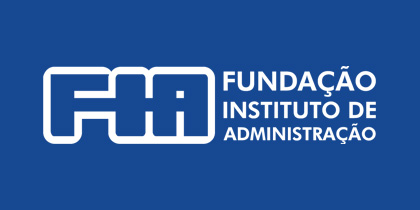The Skateboarding as an educational sport tool
Analysis of the management of organizations in the metropolitan region of Curitiba
Abstract
Brazilian skateboarding has gone through numerous circumstances, among which one stands out, its association with acts of marginality. But this scenario changed with its official entry into the Tokyo Olympic Games modalities. This fact increased the search for suitable places to practice and for classes with specialized professionals, which provided the opportunity to create new environments for practice. Along with the growth and popularity of skateboarding, the importance of mentioning the socializing function included in the sport arises, this is one of the reasons that attract and allow several practitioners to remain. And the social aspect of this sport favors the gradual increase in the number of social actions linked to it in Brazil. However, even with the apparent interest in investing in skateboarding, there is still no major support or sponsorship for the development of many of these projects, which makes it difficult to carry out, maintain, manage, and expand them, leading to the suspension of activities. Thus, the main objective of this work was to analyze the management of socio-educational sports organizations that adopt skateboarding as the basis of their activities. The methodology used is part of a descriptive and qualitative research with the managers of the three entities in the metropolitan region of Curitiba, which were analyzed through in-depth interviews in a semi-structured format, following a script composed of questions relating to administrative planning processes; organization; execution; control and evaluation. The data obtained was analyzed using the information coding and categorization method. After the analysis, some results were reached. The entities had flaws related to planning, with no adequate definition and use of the following points: objectives, means of execution and means of control. As far as the organization is concerned, the three entities analyzed did not determine the role and responsibilities of each element that made up the organization. The execution function was directly affected by the lack of planning. Finally, regarding control and evaluation, for the most part, there was no dedication to successfully carrying out this function, causing limitations when analyzing whether the objectives were achieved. In general, managers had practical knowledge about the modality, however, there is a lack of theoretical knowledge regarding the administrative functions fundamental to the proper functioning of organizations, which generated empirical management without due theoretical basis. The content disseminated in this study provides opportunities for future research which seeks to identify the profile of the sports manager, which favors the creation of a guide for managers. Another implication is the possibility of investigating what actions are necessary for managers to use the Sports Incentive Law, and with this, it also opens opportunities for studies aimed at the different forms of training resources for educational sports projects, taking advantage of public and private resources.







